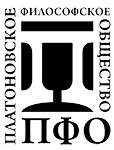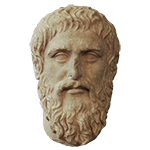

|
Theoretical Seminar “Paideia in Ancient Culture: Education, Politics, and Philosophy” 2–3 November 2020 St Petersburg, Russia · 2–3 ноября 2020 Санкт-Петербург, Россия |

|
 |
 |
 |
||||||
| Conference Program | Proceedings | |||||||
 |
 |
 |
 |
 |
 |
 |
© 2024 Plato Philosophical Society (Russia)
 Русская версия
Русская версия